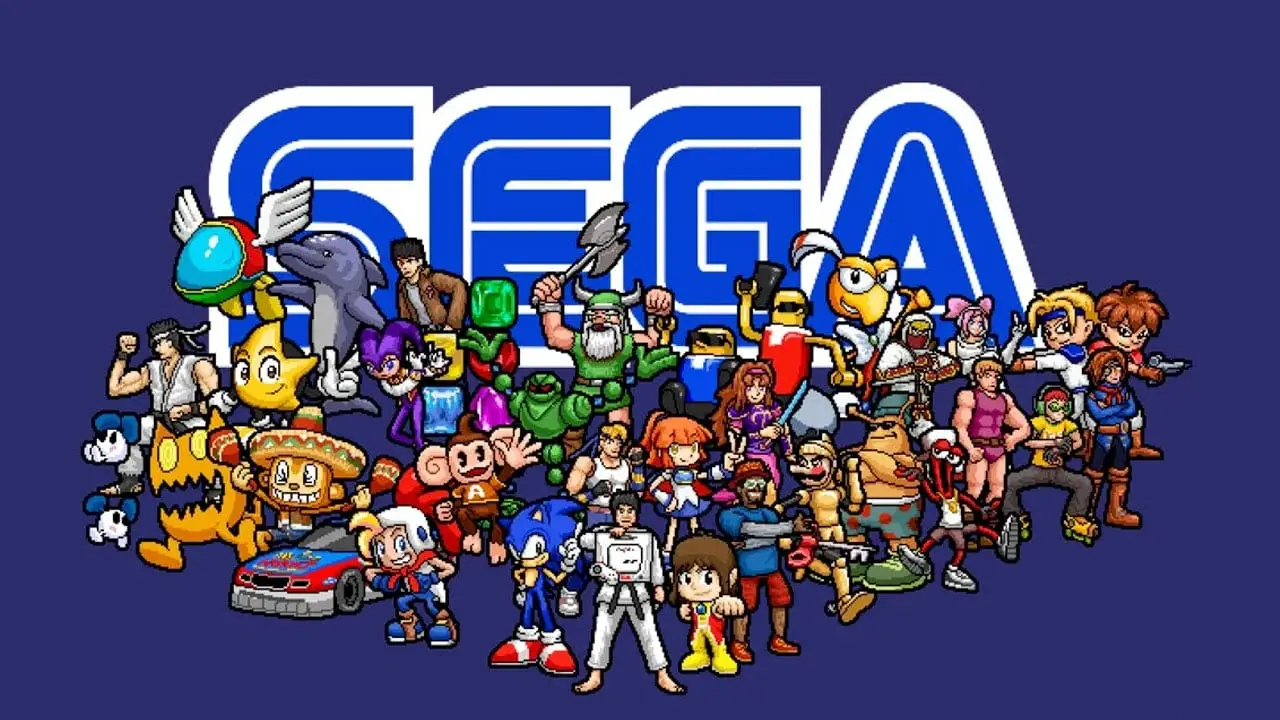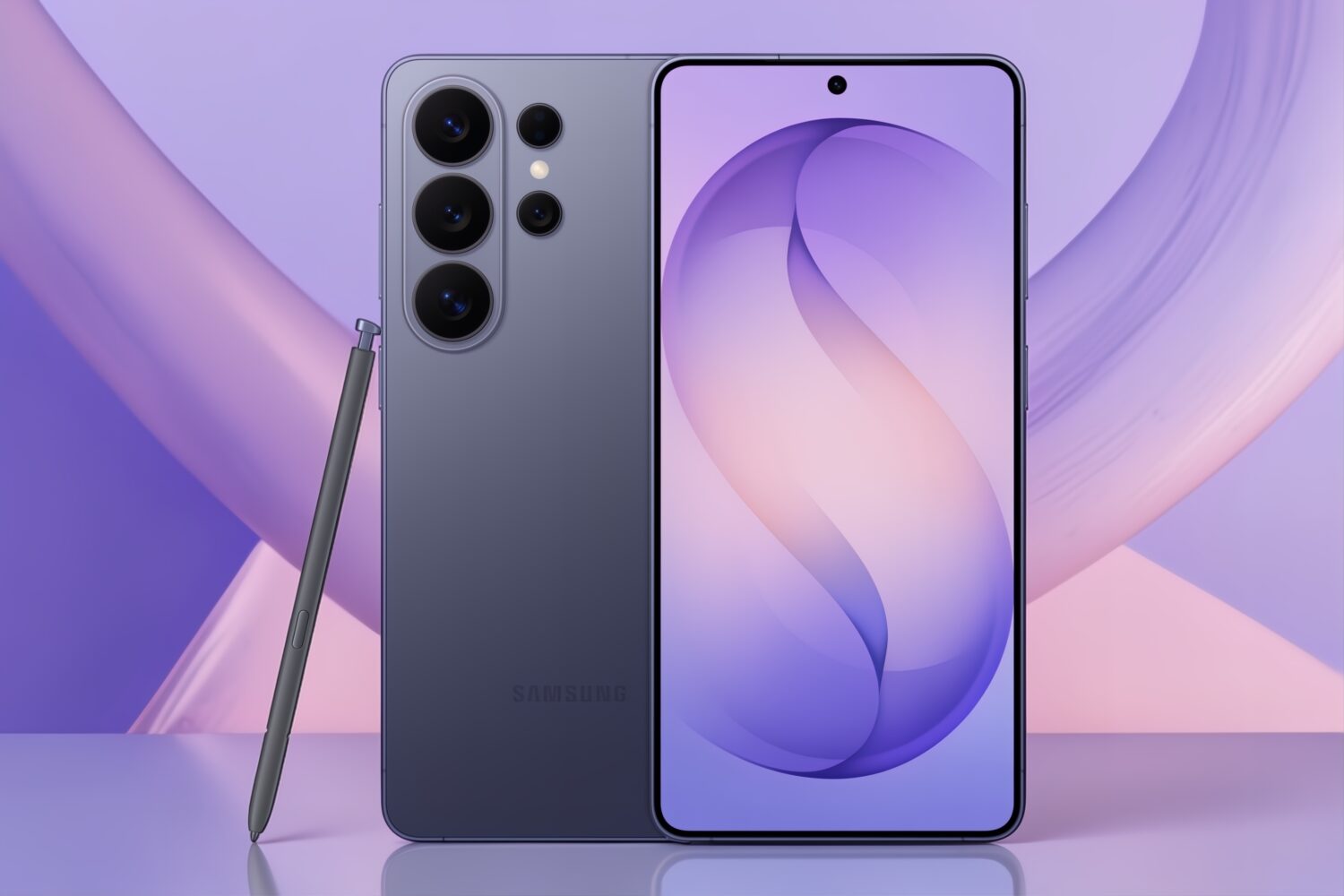Sega has signed a memorandum of understanding (MoU) with Media City Qatar, marking a new phase in Arabic-language game development and localization across the Middle East and North Africa. The partnership focuses on expanding Arabic content, nurturing regional talent, and supporting culturally relevant game production — a move that could improve Arabic accessibility in major releases and open opportunities for creators in the Gulf region, including the UAE.
The MoU isn’t a full joint venture but establishes a framework for collaboration. Its main goals include localized Arabic user interfaces and subtitles, training programs for regional developers, and the potential for new titles co-produced in the region. The partnership aligns with Qatar’s National Vision 2030, which highlights creative industries and digital innovation as key growth sectors. Sega’s involvement brings decades of development experience to a market where Arabic content still represents only a fraction of global output.
For players in the GCC, the deal could signal an end to the inconsistent language support and late regional releases that have long frustrated Arabic-speaking gamers. If the partnership delivers, upcoming Sega titles may launch with day-one Arabic support, locally relevant content, and smoother regional access to online services. It could also pave the way for community management, quality assurance, and event hosting roles within the Gulf.
Media City Qatar’s leadership has emphasized the broader goal of closing the gap between the Arab world’s massive player base and its relatively small share of online content. Despite more than 420 million Arabic speakers globally, Arabic currently accounts for only around 3 percent of the world’s digital media. Meanwhile, the MENA gaming market is projected to reach $6.8 billion by 2030 — a statistic that underscores the commercial incentive behind stronger localization and regional engagement.
For the UAE, which has become a regional hub for gaming and esports, Sega’s collaboration with Media City Qatar could strengthen the entire Gulf ecosystem. Better Arabic support would make games more accessible to local audiences, while talent programs might create career paths for graduates in design, animation, and localization.
The coming year will determine how deeply the MoU translates into real progress. Key indicators to watch include day-one Arabic releases, the establishment of regional training programs, recruitment for local production and QA roles, and any signals of regional server infrastructure. While Sega has not announced plans for a permanent studio in Qatar or the UAE, the agreement suggests the possibility of co-developed projects using regional facilities and talent pools.
If the collaboration fulfills even part of its promise, it could represent a turning point for the Arabic gaming scene—shifting the region from a passive consumer base to an active contributor in global game development.







